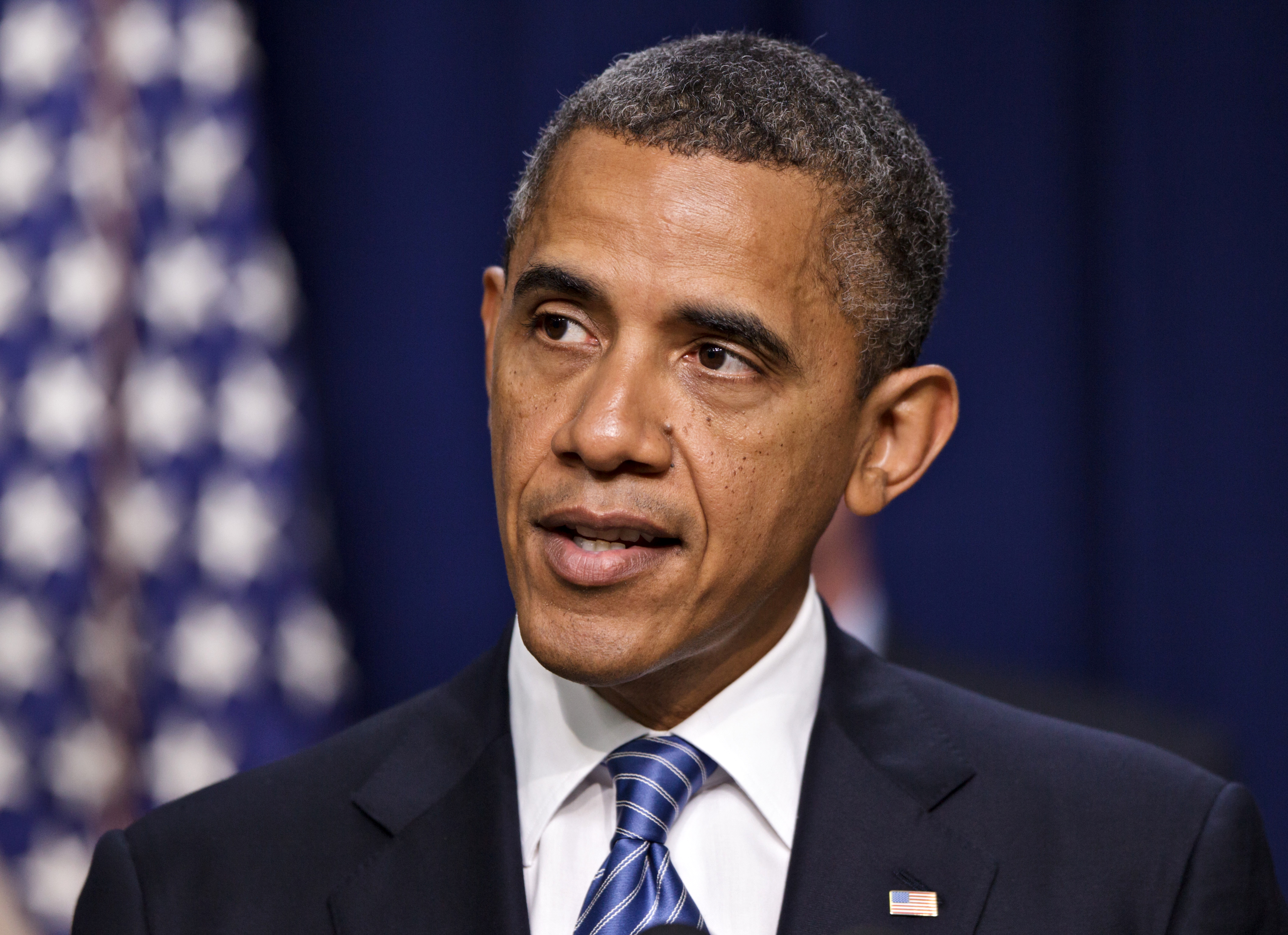A few weeks ago, the Federal Reserve pointed out that recent economic losses have been so severe that the median U.S. family has only about as much wealth as it had in the early 1990s. Thus two decades went down the financial drain in the space of a few years.
The Fed attributed a lot of that drop to the plunge in the housing market. By one estimate, U.S. households have lost a total of $7 trillion over the past six years because of the fall in home prices.
But homes worth vastly less than what people still owe on them are not the scariest thing about the current economy.
More than a dozen think tanks, economists and professors from across the political spectrum weighed in on a recent survey by The Associated Press on the country's economic prospects, and it would be a reckless understatement to call their predictions troubling.
They overwhelmingly believe that when census figures for 2011 come out this fall, poverty in the United States will have risen from 2010's 15.1 percent -- to as high as 15.7 percent. They estimate that in 2011, almost 50 million Americans were living below the official poverty line of around $22,000 for a family of four.
That would bring poverty in this country to its worst level since 1965 -- nearly half a century ago.
Tragic as they may be, though, these numbers should not come as a surprise.
It was about a year ago that the U.S. Department of Agriculture made a grim announcement: Food stamp usage had risen to almost 15 percent. That was an all-time high of nearly 46 million Americans, and it was up by a stunning 47 percent since just before Barack Obama took office. Yearly government spending on food stamps doubled to a record $75 billion in four years.
And don't forget unemployment -- not that anybody could.
Joblessness has been stuck above 8 percent for 42 straight months now, the longest span since the Great Depression. In fact, the rate rose to a five-month high of 8.3 percent in July, according to the jobs report released Friday. Tens of millions more Americans are not counted in that official rate of unemployment even though they have simply given up seeking jobs, need full-time work but can get only part time, or have retired earlier than they wanted because they can't get hired.
We were told by the Obama administration that unemployment wouldn't even go past 8 percent if Congress passed the 2009 stimulus. By mid-2012, the administration projected, unemployment was supposed to be around 5.6 percent.
So much for rosy predictions. Where are the jobs, Mr. President? Where is the bustling employment picture that was supposed to come into happy focus after Democrats passed the $862 billion stimulus?
It isn't there, because all that government-directed spending didn't prime the jobs pump the way it was claimed that it would.
Yet the president doesn't seem to appreciate fully the economic chaos to which his policies have contributed. He called the jobs report released a month earlier -- showing unemployment unchanged in June -- "a step in the right direction."
For whom? Workers at agencies that process unemployment benefits?
The "stimulus" spending wasn't entirely without its effects, mind you. It burdened the United States with higher debt, which today stands at roughly $16 trillion. That debt load virtually guarantees eventual, economy-busting tax increases and massive cuts in entitlements -- or a combination of the two. The stimulus also helped fund green energy flops such as solar panel maker Solyndra. So let it not be said that it served no purpose.
Poverty is rising in this country, Mr. President. It has happened on your watch and in large measure because of big-government, high-spending policies that you have promoted.
You can continue to blame the previous administration, and that tune will play well with many in your political base who, like you, see higher taxes and more government as the solution.
But you had better hope that the voting public as a whole doesn't look around at some point before November and ask, "Are we better off than we were four years ago?"
